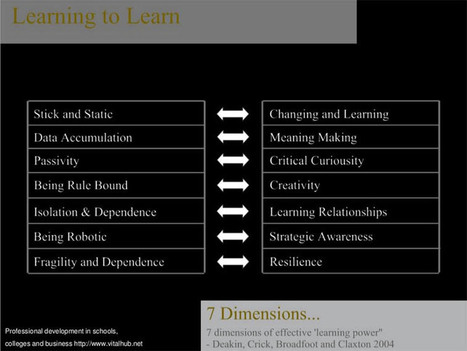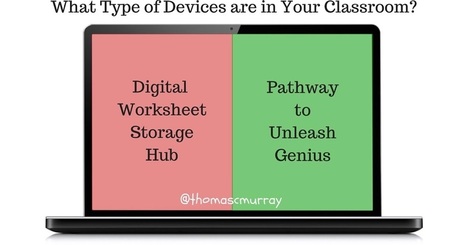When I moved to the USA from the southern hemisphere 20 years, I had to learn to drive on the other side of the street. This required me to “unlearn” what I knew and “relearn” how to drive. There was no choice or reason to delay. If I did not adapt, my safety and the safety of those around me would be at risk! Similarly, workplace employees do not have the luxury of slowly adapting to change. The pace is fast, constant and often overwhelming.
We know that an organization’s ability to adapt to change is critical to business success. Do we also appreciate the impact of individual behavior on successful transformations? For this to happen, individuals need to unlearn what they have previously learned and then relearn new and relevant information. This “learn-unlearn-relearn” cycle may repeat many times over.
Via Elizabeth E Charles



 Your new post is loading...
Your new post is loading...














